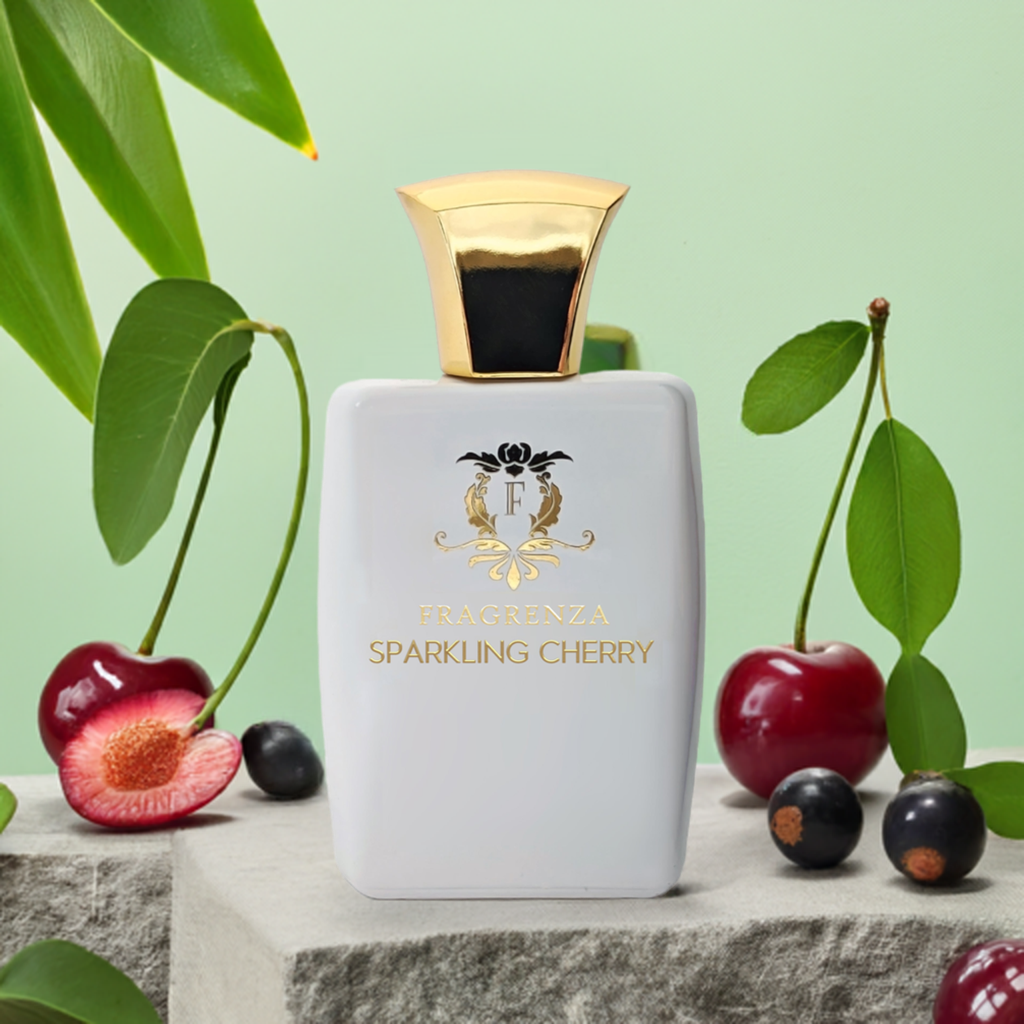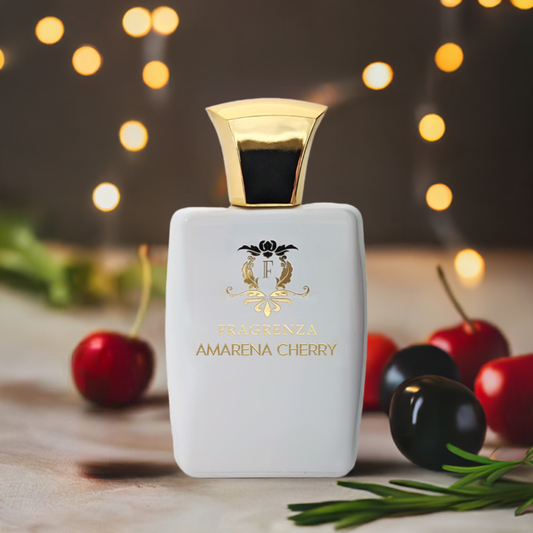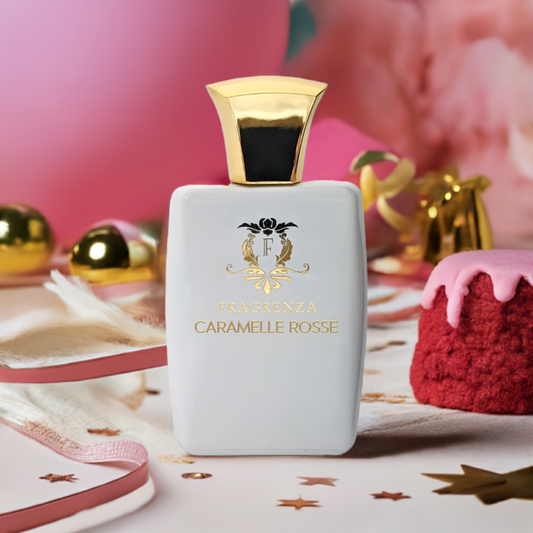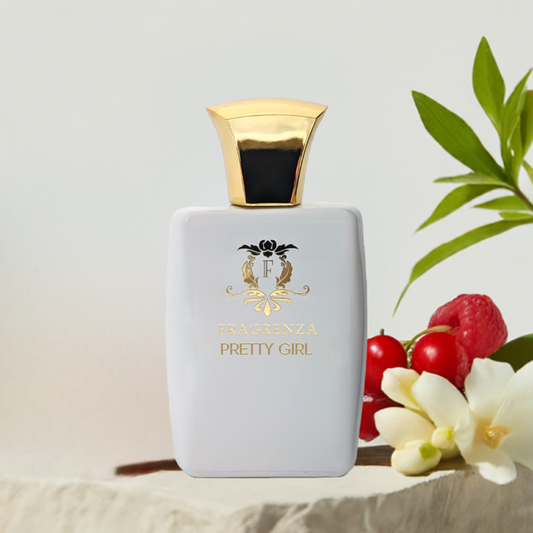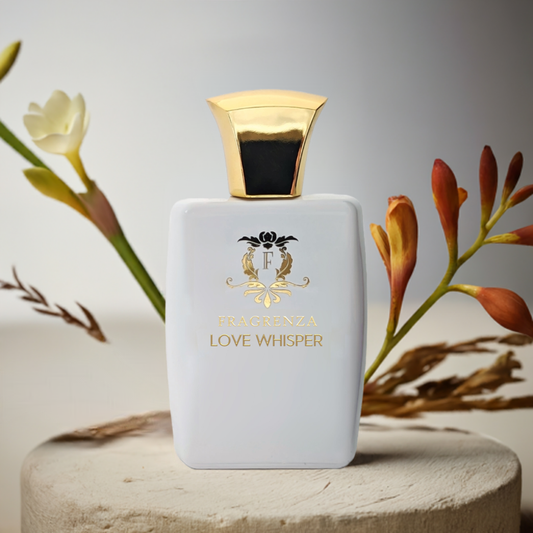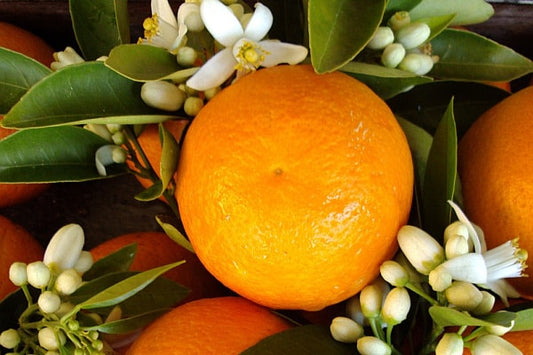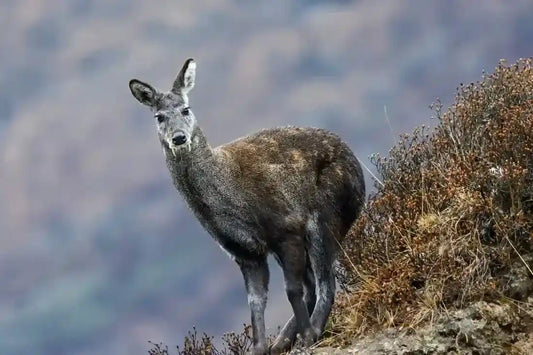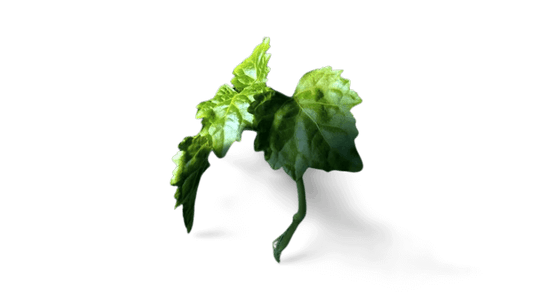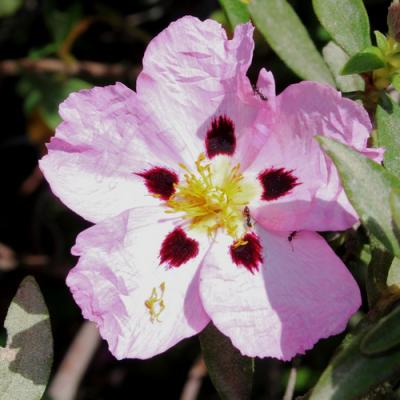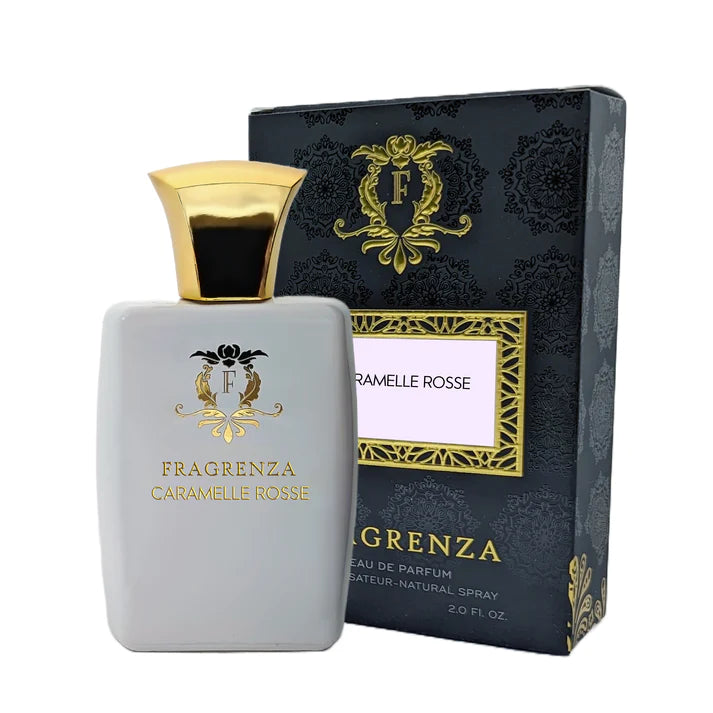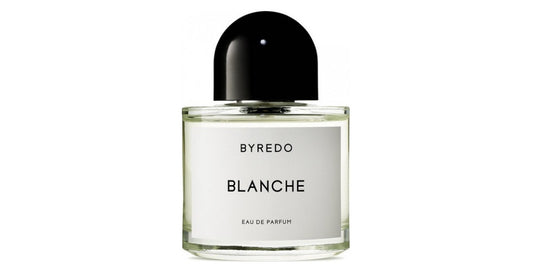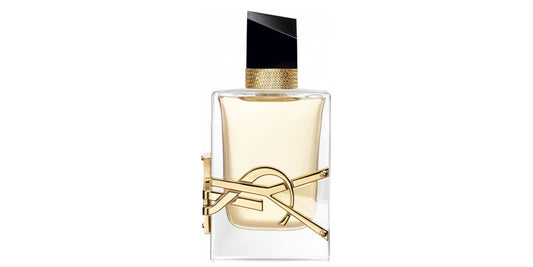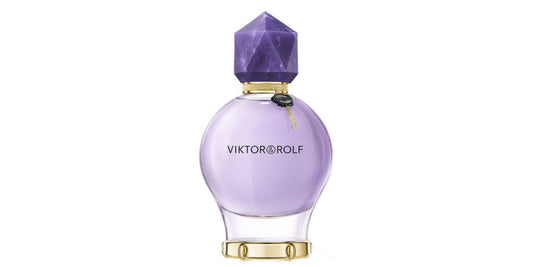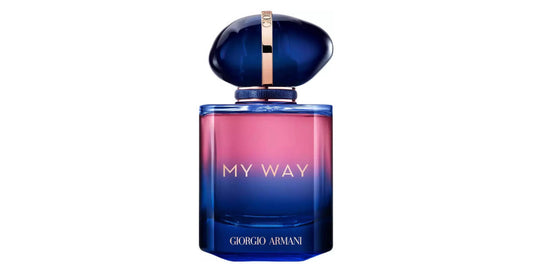What does costus smell like?
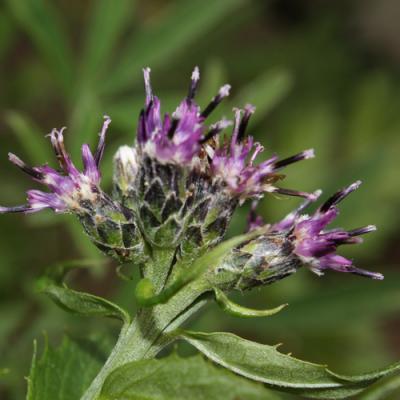
In This Article
Costus: The Unique Indian Plant Found at High Altitudes
Costus is a slender, long-leafed plant that grows exclusively in India at altitudes ranging between 2,000 and 5,000 meters. Despite the challenging harvesting conditions, costus is highly valued in both Chinese and Ayurvedic medicine. In fact, it is listed in the Chinese Pharmacopoeia as one of the 50 plants with essential medicinal properties.
European explorers, intrigued by the potential of the newfound plant world, utilized costus root not only for its medicinal properties but also for its powerful and distinctive fragrance. The aroma of costus complements animal scents remarkably well. Although costus is a preferred raw material for men's perfumes, its root is deemed too dangerous and is therefore prohibited. Synthetic molecules are now used to recreate the unique dusty and leathery scent of this plant.
Costus Root in Animal-Note Perfumes
Costus, with its earthy and dusty aroma, naturally evokes animal notes. The plant thrives in exquisite fern or woody scents, primarily due to its beneficial pairing with other notes that "cleanse" its scent. Celebrated perfume designer Annick Goutal describes the smell of costus as reminiscent of dirty socks, greasy hair, and goat, yet she acknowledges that in a composition, it can be exceptional.
Costus is often featured in woody and fern perfumes as a base note, alongside musk, amber, leather, and incense. These ingredients add depth and intensity to natural, masculine scents. Examples of costus-based fragrances include Yves Saint Laurent's "Kouros," Givenchy's chypre woody "Gentleman," and Cerruti's recent "Cerruti 1881 Acqua Forte."
Costus is often considered a bold touch of virility in perfumery. While women might not be drawn to the idea of dirty sock scents in their perfumes, it should be noted that animal notes are present in their fragrances as well, albeit with less obvious names. Some daring creators have even introduced unisex fragrances with costus, such as Etat Libre d'Orange's "Nothing" and Serge Lutens' "Muscs Koublaï Khän," both of which are of the oriental type.
